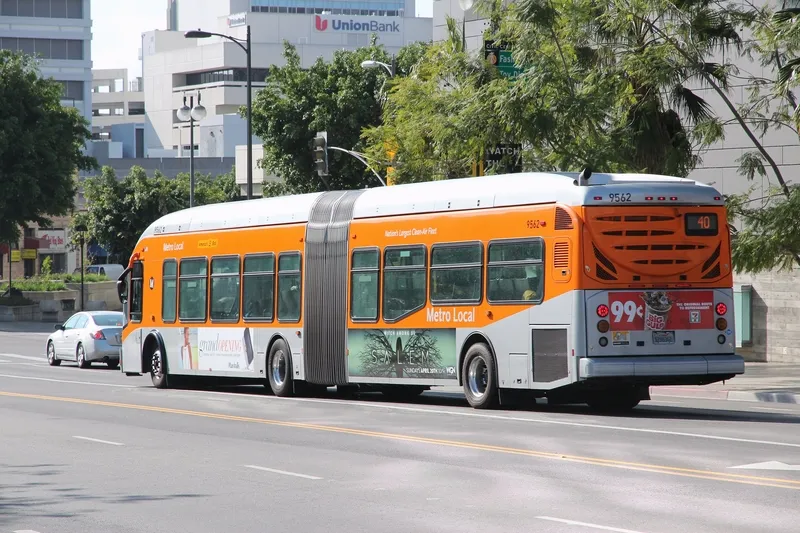Bogotá mayor Gustavo Petro has announced that a tender for the Colombian capital's Line No. 1 metro project, which has been in the planning for a decade, could be issued by July.
However, the final timeline for bidding will depend on whether the city is first able to line up financing for the project, the mayor added, according to local press reports. Building the metro line is expected to cost US$7.5 billion, or about double the previous estimates.
In its current form, the metro line will extend some
February 6, 2015
Read time: 2 mins
Bogotá mayor Gustavo Petro has announced that a tender for the Colombian capital's Line No. 1 metro project, which has been in the planning for a decade, could be issued by July.
However, the final timeline for bidding will depend on whether the city is first able to line up financing for the project, the mayor added, according to local press reports. Building the metro line is expected to cost US$7.5 billion, or about double the previous estimates.
In its current form, the metro line will extend some 30km with 31 stations and is expected to begin operating by 2021.
In December, the mayor signed agreements with national development financing agency FDN, Colombian power holding EEB, and municipal urban development institute IDU to study methods of financing the mega-project, which is one of the most expensive in Colombia's history. These options include public-private partnerships (PPPs) and property taxes, among others.
"We think the metro project will require a variety of financing techniques," Petro has said
The project has the backing of the national government, and President Juan Manuel Santos has reaffirmed his support on numerous occasions. Earlier this week, government planning agency DNP's head, Simón Gaviria Muñoz, announced that the metro would be included in the 2014-2018 national development plan, which qualifies it for public funding.
However, the exact amount of government financing available is unclear, especially as the plummeting price of oil takes its toll on the country's fiscal accounts.
Gaviria added that government financing for the metro line could range between 40 per cent and 70 per cent of the total cost, but that the final amount hinges on the results of the financing studies currently underway.
However, the final timeline for bidding will depend on whether the city is first able to line up financing for the project, the mayor added, according to local press reports. Building the metro line is expected to cost US$7.5 billion, or about double the previous estimates.
In its current form, the metro line will extend some 30km with 31 stations and is expected to begin operating by 2021.
In December, the mayor signed agreements with national development financing agency FDN, Colombian power holding EEB, and municipal urban development institute IDU to study methods of financing the mega-project, which is one of the most expensive in Colombia's history. These options include public-private partnerships (PPPs) and property taxes, among others.
"We think the metro project will require a variety of financing techniques," Petro has said
The project has the backing of the national government, and President Juan Manuel Santos has reaffirmed his support on numerous occasions. Earlier this week, government planning agency DNP's head, Simón Gaviria Muñoz, announced that the metro would be included in the 2014-2018 national development plan, which qualifies it for public funding.
However, the exact amount of government financing available is unclear, especially as the plummeting price of oil takes its toll on the country's fiscal accounts.
Gaviria added that government financing for the metro line could range between 40 per cent and 70 per cent of the total cost, but that the final amount hinges on the results of the financing studies currently underway.







